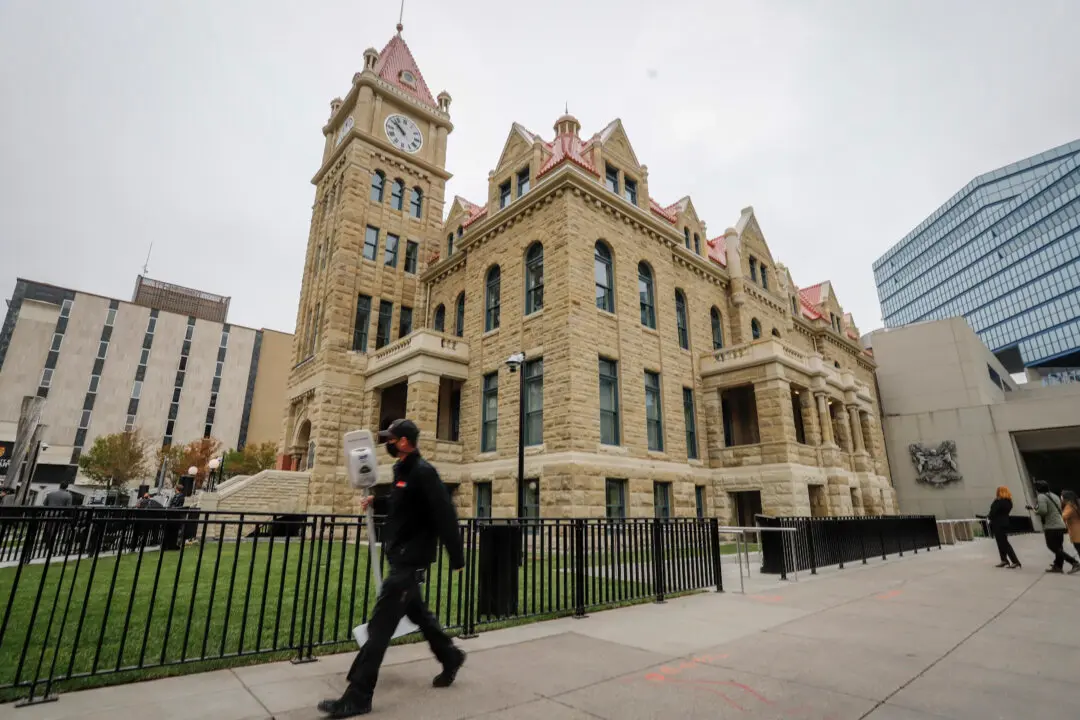The B.C. government is ending its electric vehicle (EV) rebate program that provided financial incentives to residents upon the purchase of an EV, citing a review of its environmental programs.
The announcement comes a little more than three months after Ottawa announced it was ending its EV rebate program for Canadians. The province also followed the federal government’s lead when Ottawa ended the consumer carbon tax in March, with BC eliminating its provincial consumer carbon tax on April 1.





